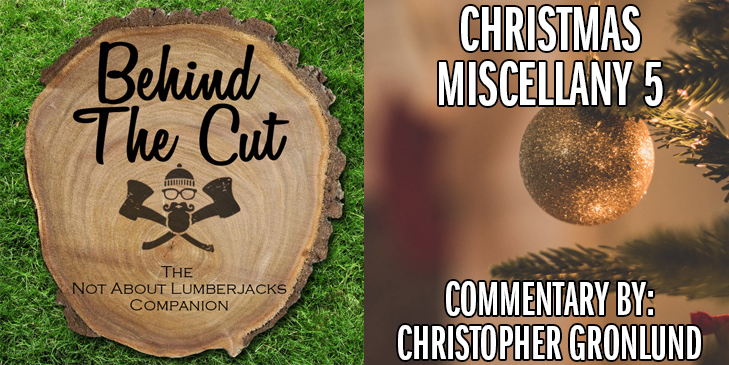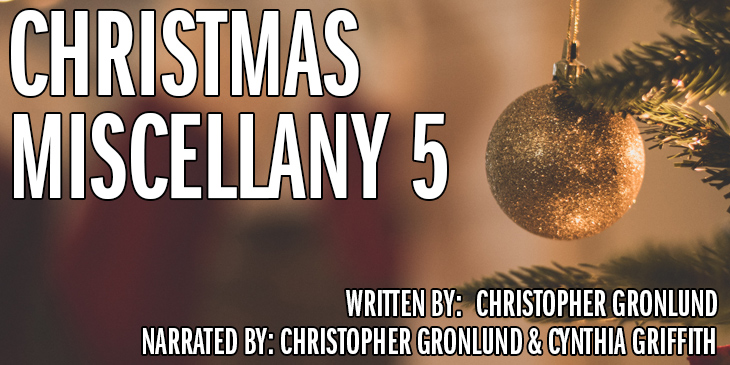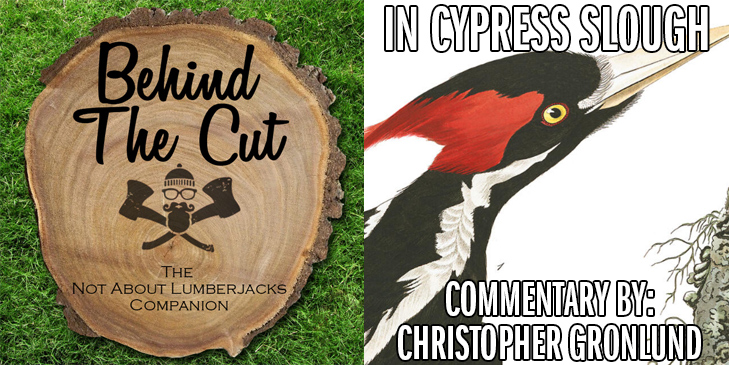As the O’Briens pull into Aunt Margie’s driveway and Michael gets his first glimpse of her house, he thinks about his family history and where it all went wrong.
* * *
Content Advisory: Hell Comes with Wood Paneled Doors was recorded in 2010, before I started running content advisories before episodes. I’m not going back and adding advisories to each audio episode. Just know that any given chapter of Hell Comes with Wood Paneled Doors is likely to contain any combination of the following:
Family arguing, violence, swearing, demons, religious imagery, atheism, gambling, smoking, and so much crude humor.
Buy the Hell Comes with Wood Paneled Doors e-book here.
Podcast (hell-comes-with-wood-paneled-doors): Play in new window | Download
Subscribe: RSS


